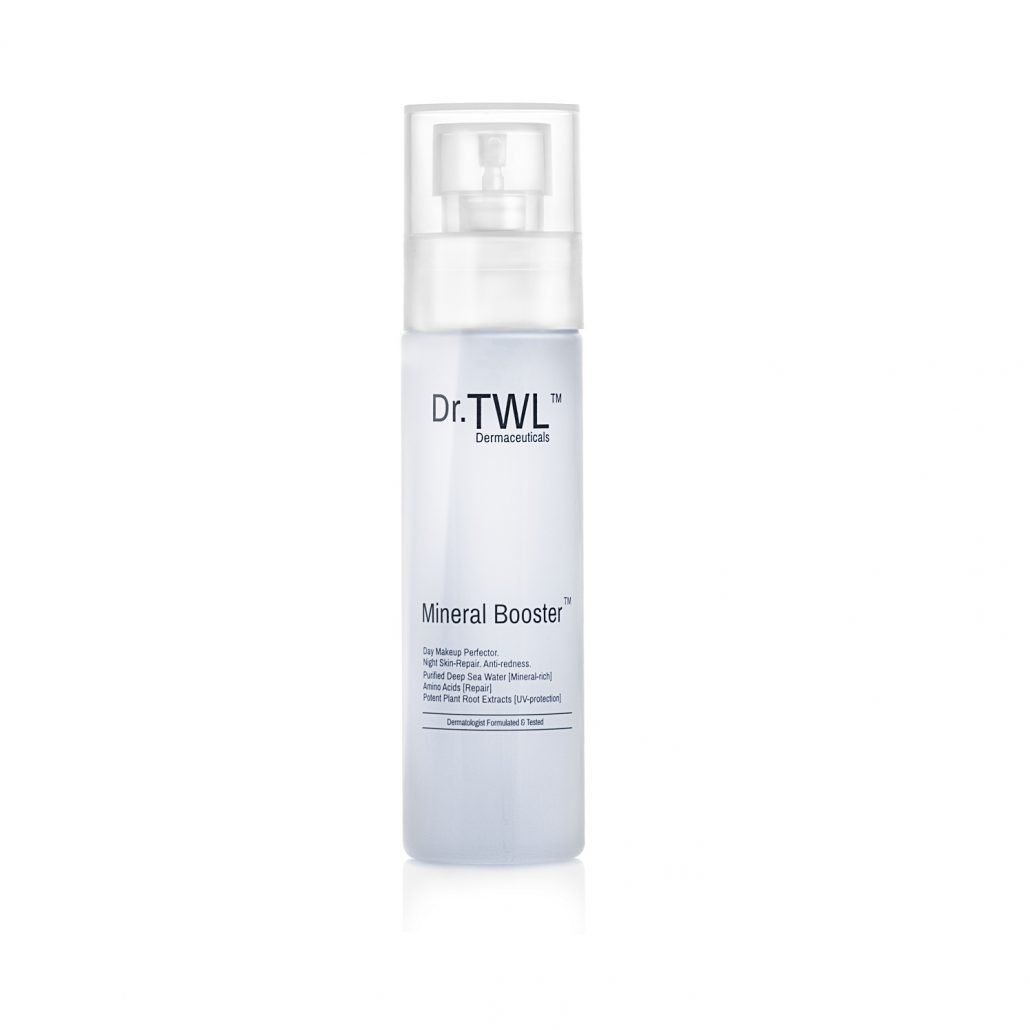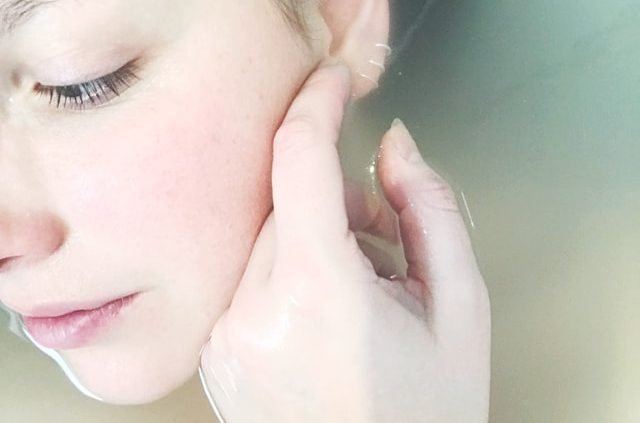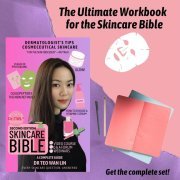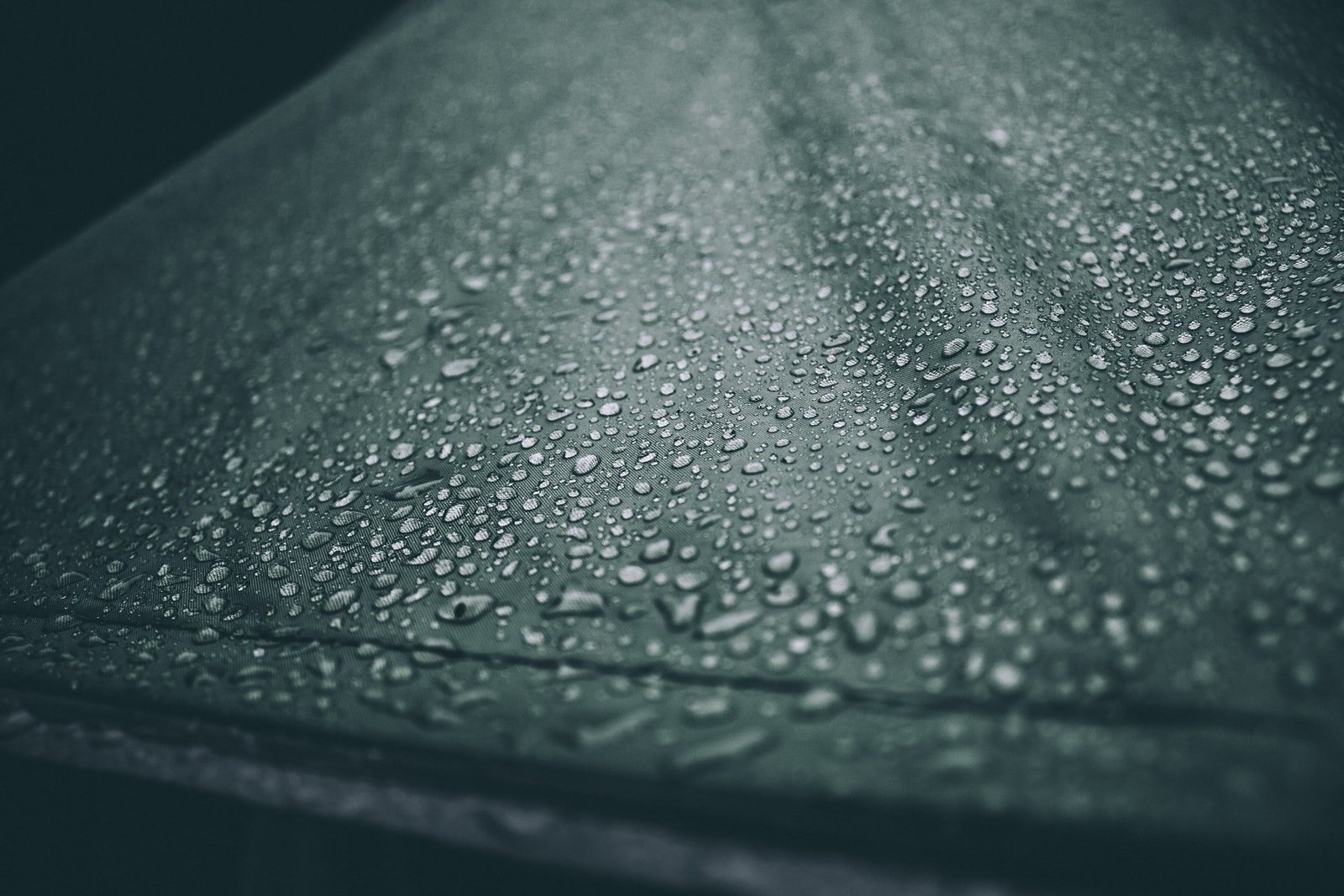Dermatologist Recommended Sensitive Skincare Routine
In this article, we will explore a dermatologist recommended sensitive skincare routine, and go through common questions one may have about sensitive skin. This is including excepts from including excerpts from Skincare Bible: Dermatologist’s Tips for Cosmeceutical Skincare by Dr. Teo Wan Lin, dermatologist at TWL Specialist Skin & Laser Centre.
Sensitive skin is very much a layperson’s description of skin that is perhaps more reactive to environmental triggers. Individuals with sensitive skin very likely have a form of eczema.
What is eczema and how can you treat it?
Eczema is primarily due to a defect in the skin barrier and quite frequently presents as itchy and dry skin. The condition is genetically determined and can be made worse by skin irritants, allergies, environment and stress. In my practice, only ceramide-based moisturisers which focus on restoring the skin barrier are prescribed. Ceramides are lipids that occur naturally on the epidermis and are integral to locking in moisture to the skin and regulating healthy skin barrier function. In layman terms, you may think of the skin as a protective brick wall, and ceramide being the cement that holds the bricks together and prevents water from seeping through, in order to perform an effective barrier function.
The recommendation is often for intensive moisturising with ceramide through the course of an eczema treatment. This is to restore healthy barrier function to the skin. In cases of more severe eczema, wet-wrap therapy, which enhances absorption of topical medications by the skin, may be employed over the topicals and moisturiser applied on to the skin as part of treatment. Importantly, there are also prescriptions of corticosteroids and antibiotics in eczema treatments. These reduce inflammation symptoms experienced by eczema patients. However, there should be cautious management by an accredited medical professional over the course of treatment with such medications due to potential side effects, especially with steroids.

The Multi-Ceram Moisturiser is a ceramide-based ultra intensive skin moisturiser for total skin barrier repair. With pharmaceutical grade ingredients such as glycerin which is a humectant, plant seed oils for anti-cellulite effects, and sodium hyaluronate for hydration.
Whilst the root cause of eczema is in genetics (which cannot be changed), eczema can in fact be fully treated and controlled in consultation with an accredited dermatologist. They will be able to assess the skin condition and recommend suitable treatments.
Top tips for relieving dry skin
Dry skin can flake, itch, crack, and even bleed. Here are some home tips to relieve dry skin:
1. Take short baths and showers. Shower using tepid water and a mild cleanser. Gently pat the skin dry.
2. Apply moisturiser after getting out of the bath or shower. Ointments and creams tend to be more effective than lotions.
3. Read ingredients on skincare products. Deodorant soaps, alcohol-based toners, and products that contain fragrance can irritate dry, sensitive skin.
4. Use a humidifier to add moisture to the air.
5. Wear soft breathable fabrics, such as 100 percent cotton, linen, silk. Avoid wool, acrylic, polyester (synthetic or rough fabrics).
6. Apply a dermatologist approved ceramide-based moisturiser after each hand wash.
7. For household activities such as dishwashing and cleaning that requires contact with detergents, wear long waterproof gloves to help protect them.
Sensitive skincare routine:
- Wash with a gentle, fragrance-free cleanser
- Apply enough cleanser to remove dirt and oil, but avoid using so much that you see a thick lather
- Pat your skin gently dry with a towel
- Apply a liberal amount of moisturiser while your skin is still damp
For a sensitive skincare routine, what would you recommend for ageing skin or young acne-prone skin?
The concept of ” mild skincare” should mean dermatologically formulated and tested products. These include active ingredients that have skin benefits borne out of research, and which simply would never irritate skin of all types. However, bear in mind that even “non-sensitive” skin will react to strong cleansers over a length of time. Besides, these have additional clinical benefits.
The idea of acne-prone skin requiring “stronger” or rather, more drying and irritating forms of skincare is a huge misconception. These products do nothing to treat acne itself, other than making the face drier and look less shiny. In short, acne is a medical condition that has to and can be completely treated by dermatologists. This also applies to acne scars.
In addition, I would recommend a sensitive skincare routine that includes: cleansing and moisturising, traditional toners with an alcohol base as an astringent must be avoided as this dries up and irritates the skin. The moisturising part I vary according to the following:
For the day, a formula that goes well under makeup, and hydrates the face without making it sticky and uncomfortable in our tropical humidity, at night something richer for more repairing benefits. During the day, I use a formulated facial mist for touch ups and hydration over makeup.

The Mineral Booster contains skin-calming & repairing active ingredients suspended in a purified deep sea water mist, perfect for tropical and humid climates.

The Radiancé Fluide Hydrating Emulsion contains LARECEA™ Extract for regeneration and skin brightening ingredients for a dewy glow. Specially formulated for a light-weight feel to impart a radiant glow without make-up.
What are gentle/mild cleansers? How do we know the cleansing from the mild cleansers is thorough enough?
Gentle/mild cleansers would be dermatologist-tested formulas that are fragrance-free. These undergo manufacturing according to specialist medicine standards, especially for sensitive, dry skin. The idea of “thorough cleansing” is a misconception that is associated with a squeaky clean feeling from using products that produce a lot of lather. This lather is the cheapest forms of cleansers to manufacture and also the most harmful. This applies to not just patients with sensitive skin but all skin types. Overwashing and cleansing is harmful. The function of cleansing products is to use a surfactant, a chemical or natural compound to emulsify dirt, oil, bacteria and remove them during rinsing.

The Le Lait Milk Cleanser includes Larecea Extract for regeneration, Camphor for soothing and calming the skin, and Purified Sea Water. Provides gentle and effective cleansing for sensitive skin, post laser treatment and mature skin types.
Apart from ceramides, what other ingredients are best suited for sensitive skin?
Ceramide-based skin moisturisers are focused on directly repairing the skin barrier, which is the latest therapeutic focus in the international dermatology community for restoration of healthy skin, which translates into beautiful skin.
Many beauty lines are starting to play catch up by adding the word “ceramide” in their products, but just a warning as they are present usually in very small amounts in the product itself as it is expensive to manufacture, so the benefits of ceramide is very small.
I prescribe a ceramide predominant moisturiser for my patients for maximum effectiveness, together with a hyaluronic acid (HA) serum. HA retains moisture helps to plump ageing skin. Other active ingredients that I incorporate would be NMF (natural moisturising factor), and skin peptides which have anti-ageing properties.

The Hyaluronic Acid Serum is intensely concentrated containing laboratory-grade pure hyaluronic acid serum, freshly compounded for total skin hydration.
Traditional moisturisers contain varying proportions of “occlusives” to prevent transepidermal water loss i.e.petrolatum and lanolin, “humectants” to attract and trap water, i.e. glycerin and urea.
Should those with sensitive skin be going for waxing, extraction facials or even treatments like IPL and laser? If not, what are the options for hair removal or acne/pigmentation?
For hair removal, patients with sensitive skin should refrain from waxing and even shaving which can irritate the skin further and cause skin infections. They should consider permanent hair removal therapy using a Nd yag laser, performed by a dermatologist. IPL is not very efficient at hair removal.
For acne, extraction facials are not recommended as they have no clinical benefit and are in fact the most common cause of acne scarring from picking and squeezing that leads to even more inflammation. It is not uncommon to have both sensitive skin and oily acne-prone skin, it is a challenging situation and a delicate balance must be achieved. In such cases, treatment by a specialist dermatologist is recommended. I would customise a treatment regimen based on the patient’s skin type, severity of acne with appropriate topical/oral medication in conjunction with laser treatments to reduce inflammation and scarring.
When to see a dermatologist
Your skin should start to feel better quickly following the sensitive skincare routine discussed here. If these changes do not bring relief, you may want to see a dermatologist. Very dry skin can require a prescription ointment or cream. Dry skin also can be a sign of a medical condition, such as eczema, that needs treatment. A dermatologist can examine your skin and explain what can help reduce your discomfort.









Leave a Reply
Want to join the discussion?Feel free to contribute!